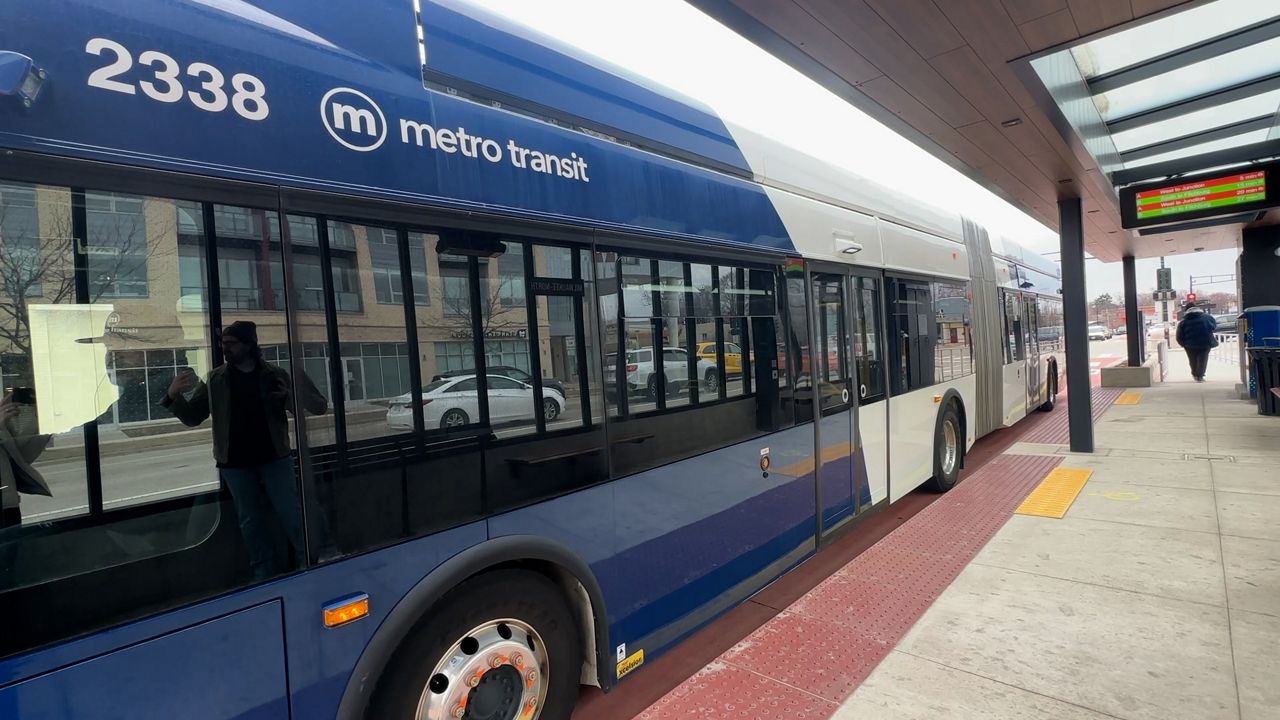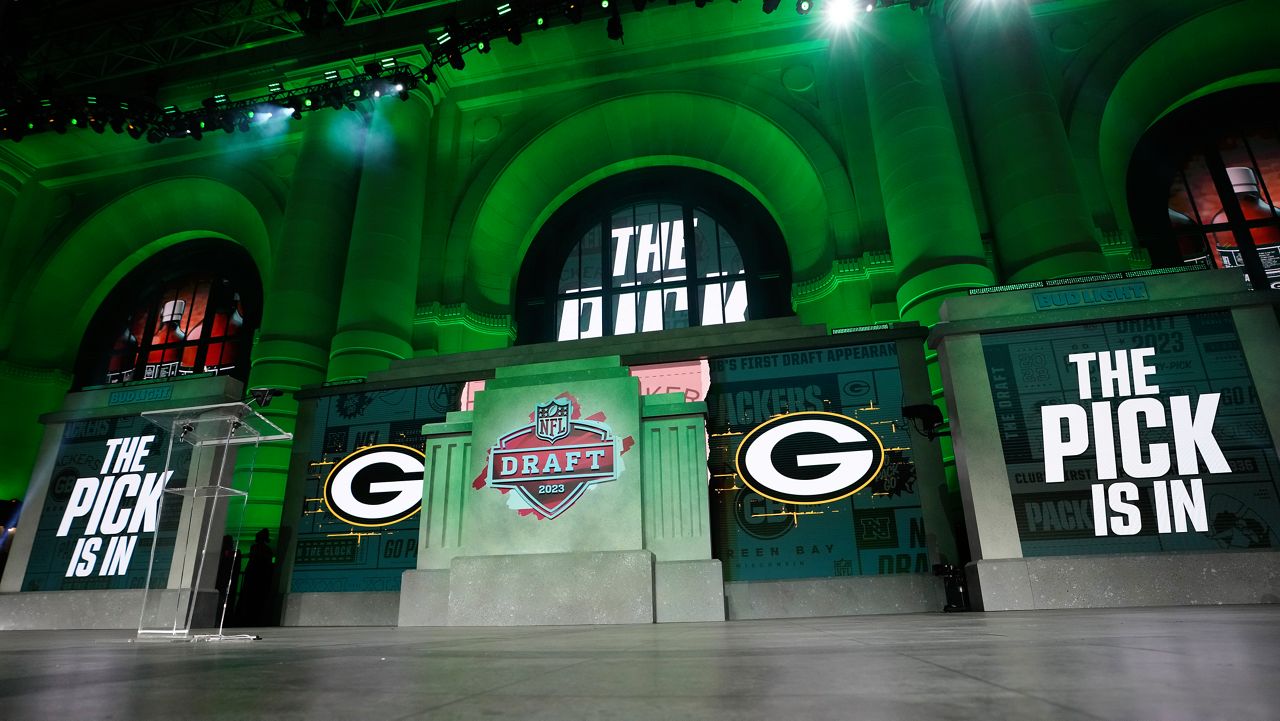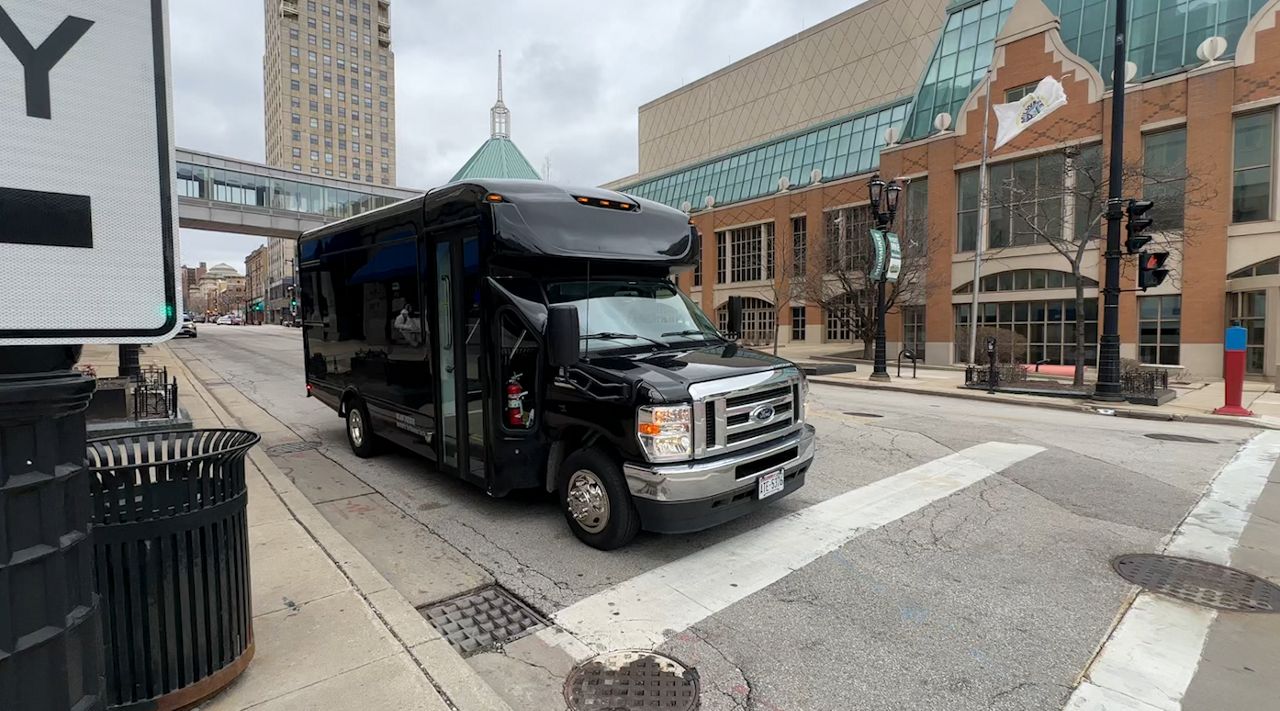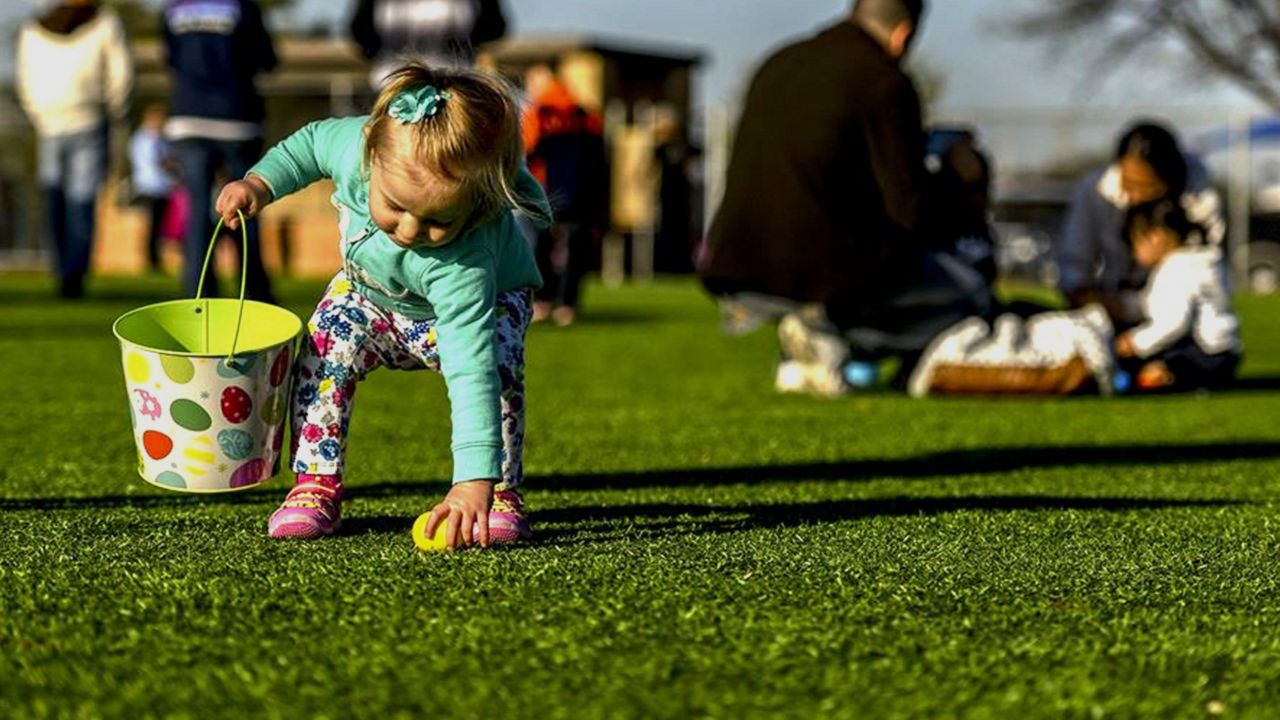WISCONSIN — The holidays are a time for giving. With giving, comes gift wrap, packaging, disposable dishes, leftover food and more. This can bring an influx of waste.
With a few slight changes, Wisconsinites can turn wasteful habits into resourceful ones.
During the holiday season, the U.S. Environmental Protection Agency estimated household waste increases by 25%. That’s about 1 million tons of extra waste sent to landfills nationwide.
The Wisconsin Department of Natural Resources (DNR) has some tips for managing extra waste during the holiday season.
What can be recycled
- Cardboard – flatten boxes before putting them in carts or bins so that recycling equipment can handle them properly
- Newspaper
- Magazines
- Office paper
- Plastic No. 1 and No. 2 containers
- Aluminum cans
- Steel (tin) cans
- Glass bottles and jars
For wrapping paper, it depends. If it can be torn and doesn't have any glitter, foil or other adornments, it can be recycled in most places.
What can't be recycled
- Tissue paper
- Holiday light strings, cords and other "tanglers"
- If these go to modern recycling facilities, they usually get wrapped around equipment, causing a facility to shut down until workers get it removed. Some retailers, electronics recyclers and communities offer seasonal recycling programs for light strings. Put broken lights in the trash.
- Plastic bags, plastic film and wrap
- Same with lights, they can also get tangled in recycling equipment. Bagged recyclables can be problematic since workers don't know what's inside. You can take many types of clean, dry plastic bags and wrap to store drop-off locations. Tips are listed on the DNR's recycling plastic bags webpage.
- Batteries and electronics
- Clothing
- Used paper or plastic cutlery, plates and straws
- Foam packaging and packing peanuts
Managing food waste
Beyond all the wrapping, holiday food waste should be considered as well, according to the DNR. Food waste decomposes in landfills, releasing almost 5,000 metric tons of methane, a harmful greenhouse gas.
To prevent and reduce food waste at home, the DNR suggested the following:
- With the exception of infant formula, the DNR said food expiration labels are not regulated by federal law. In addition to reading labels, test to see if food is unsafe before disposing of it by using your eyes or nose
- When shopping for food, have an understanding of how much food you need so you don't over-buy, saving on money and preventing food waste
- After gatherings, have containers on-hand to send guests home with food
- Properly store food. If you are hesitant about how to store something or how long it will last, freeze it
Other ways to have an environmentally-friendly holiday
The DNR also suggested these ways to keep the environment in mind throughout the holiday season:
- Use washable utensils and silverware instead of disposable ones
- Save items like bows, gift boxes and gift bags. They can be used next time you need to wrap a gift
- Recycle boxes that cannot be used anymore
- Throw away recyclable wrapping paper instead of burning it
- Recycle plain paper cards and envelopes
- Cut trees can be placed in the backyard for other animals in the winter. In spring, the tree can be chipped and used for mulch











